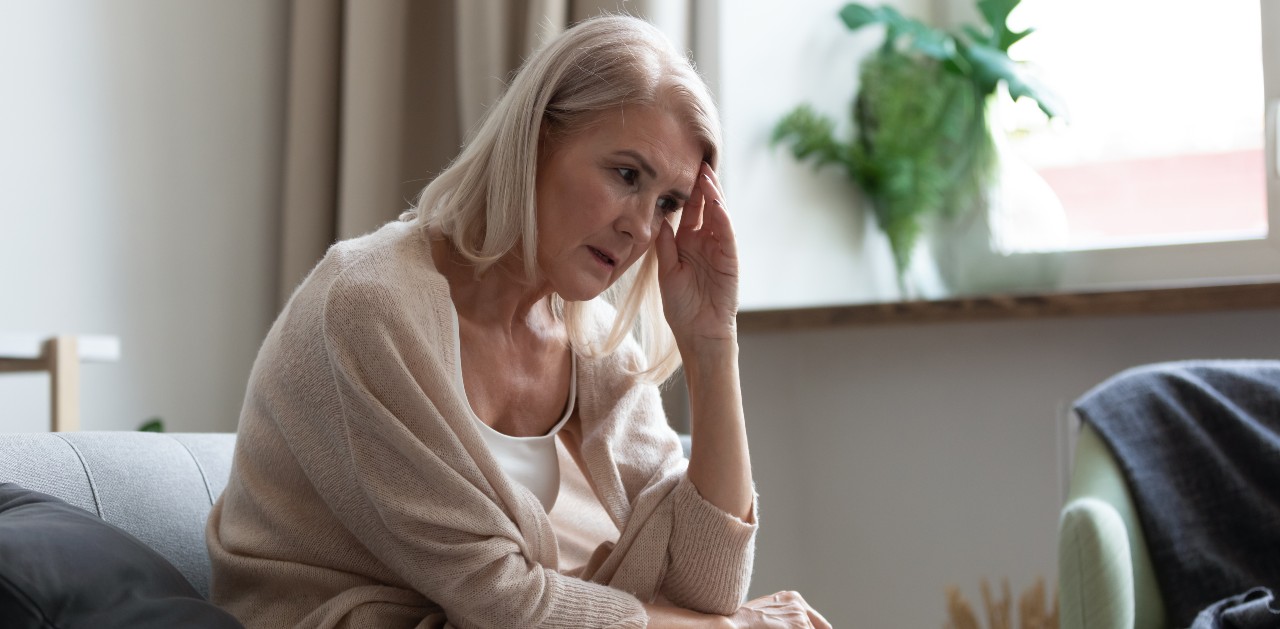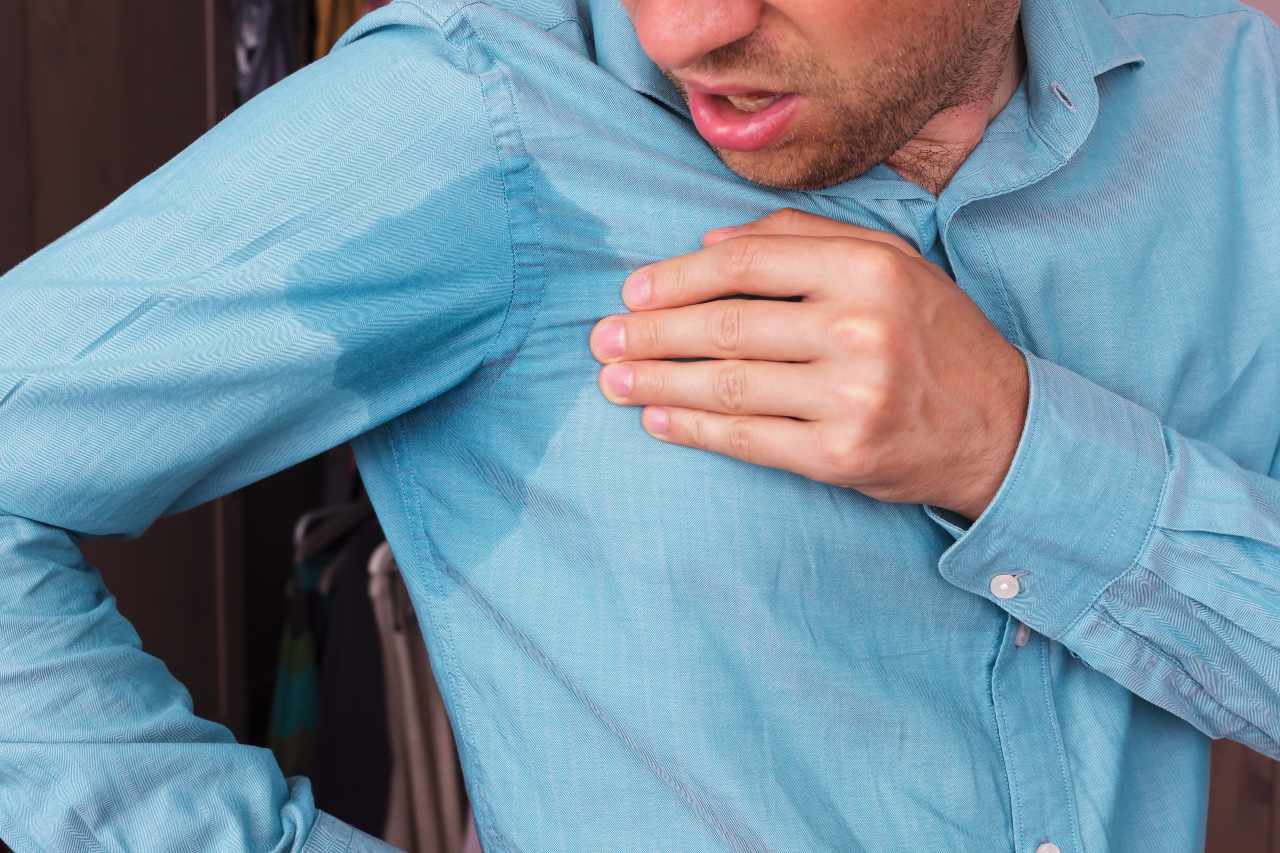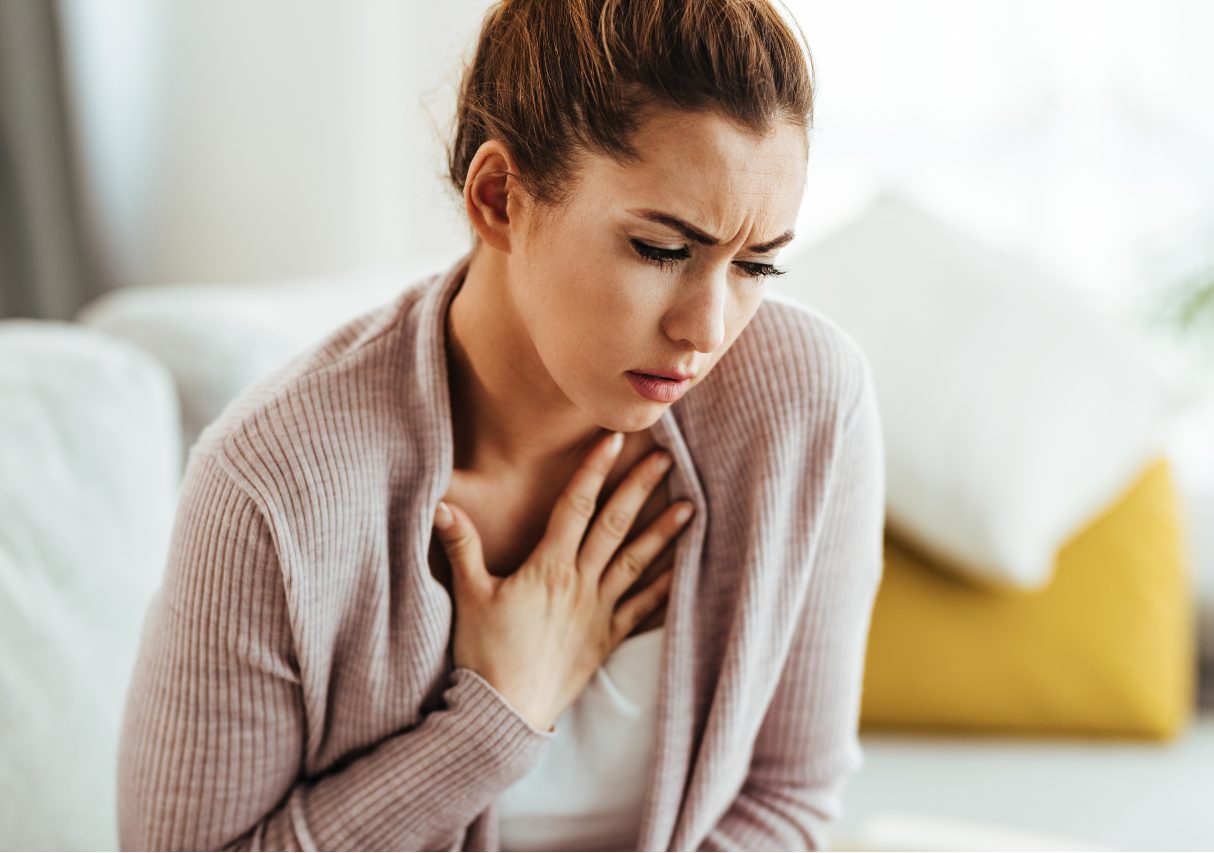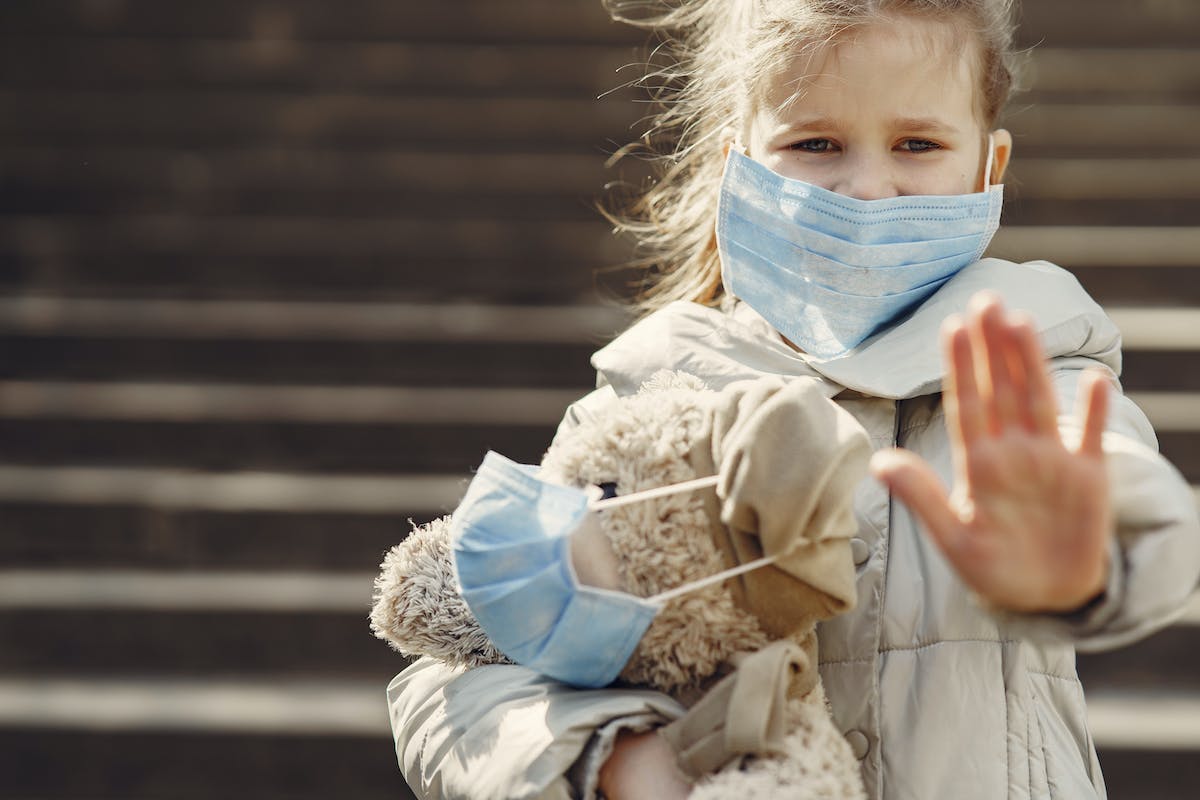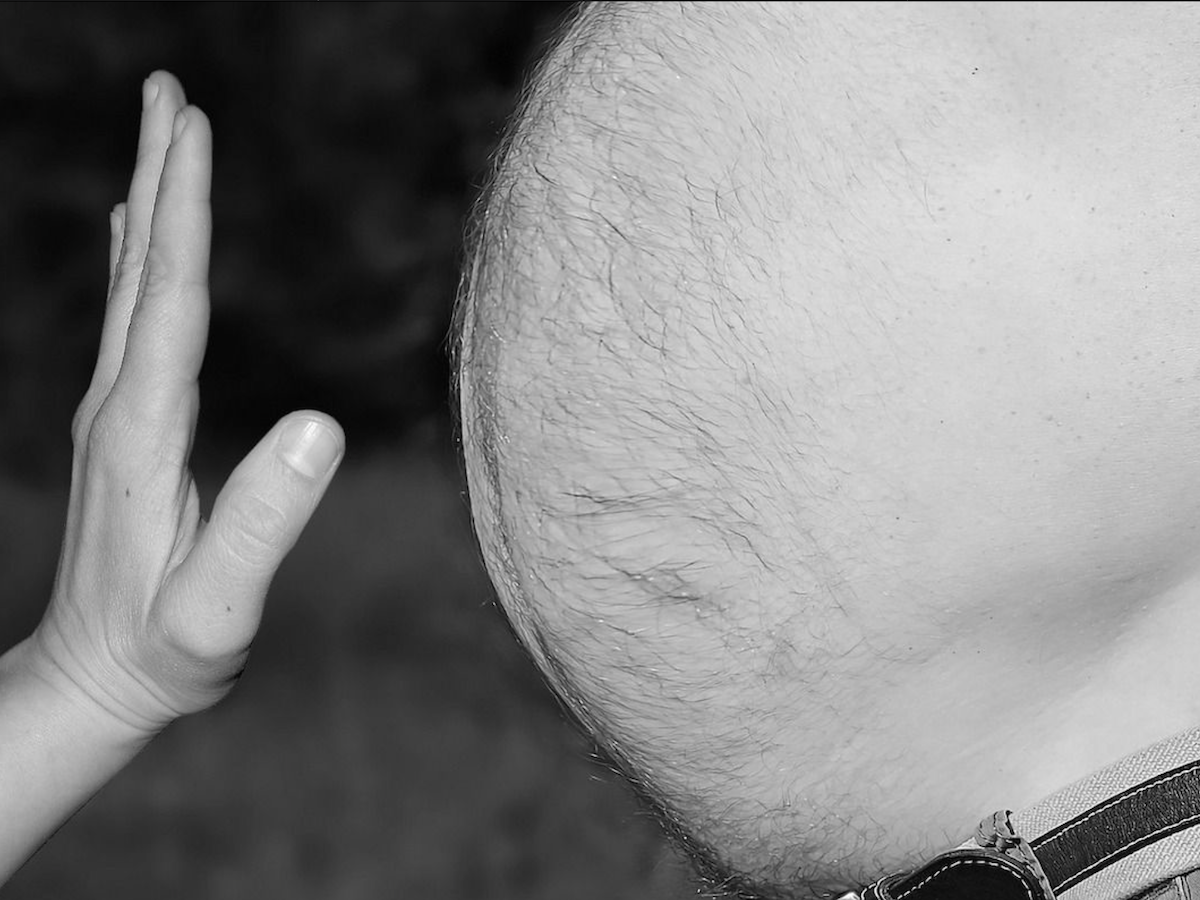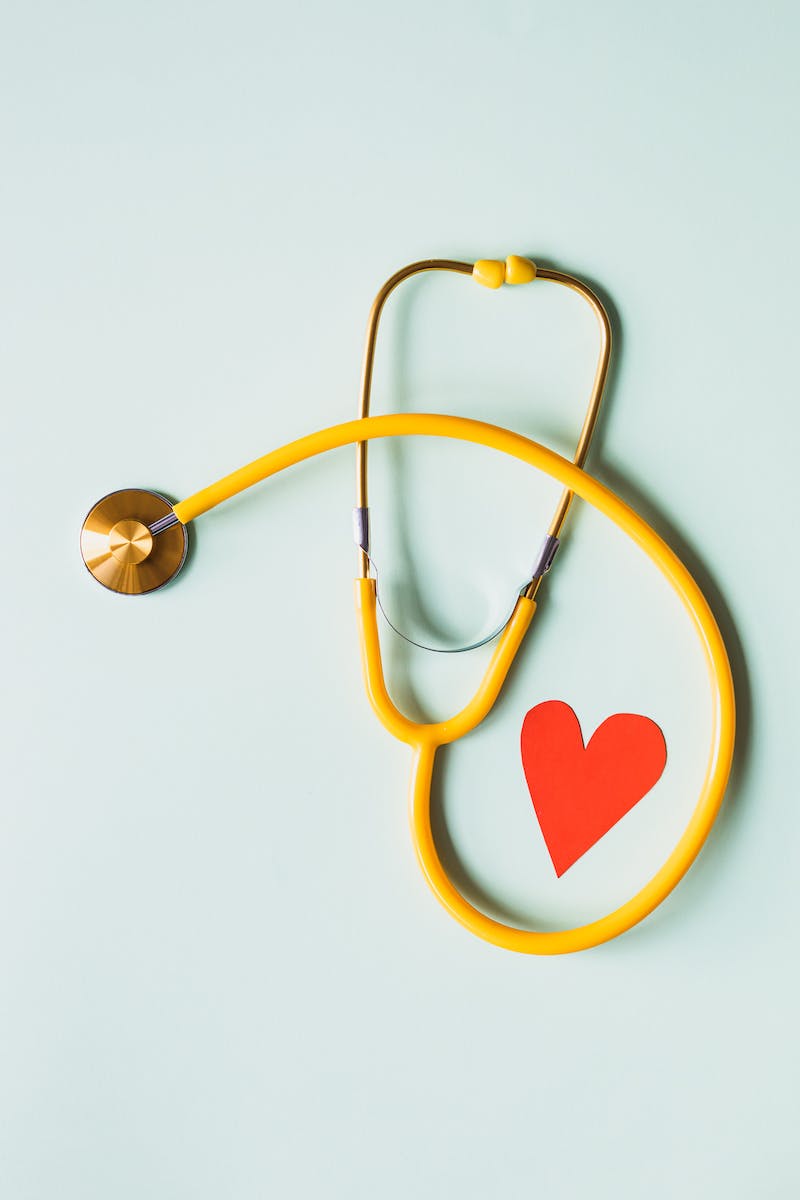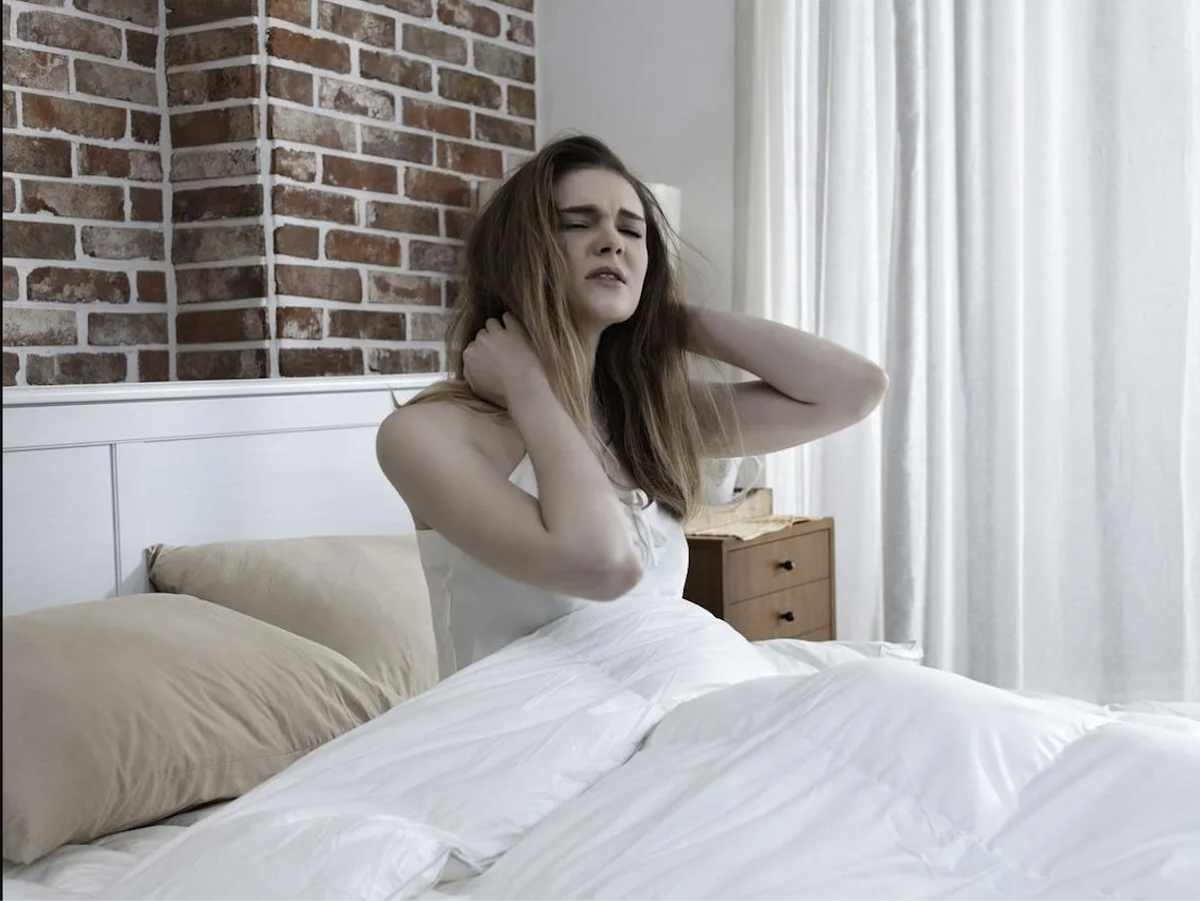Advertisement
Lifestyle
Treatments for Diverticulitis
Diverticulitis – or the inflammation of a diverticulum, especially in the colon, causing pain and disturbance of bowel function – is one of the most painful experiences someone can go through. However, fear not if you’re suffering from a flare-up, because these diverticulitis treatments are here to help.
Treatments for diverticulitis vary considerably, from the simply changing one’s diet or antibiotic regime to full-fledged, life-threatening surgeries.

Clear Liquid Diet:
The advantages of a clear liquid diet are summed up by the Cleveland Clinic as primarily:
“…giving your digestive system a chance to rest and heal from severe symptoms. If you have inflammation from pancreatitis, gastritis or inflammatory bowel disease, the clear liquid diet can give it a chance to calm down. If you have diverticulitis, an infection in your colon, the inflammation is aggravated by poop in the colon. A clear liquid diet for a few days can help clear that out.”
The main components of a clear liquid diet include broth, fruit juices without pulp like apple juice, ice chips, ice pops without fruit pulp, gelatin, water, tea or coffee without cream.
Antibiotics:
While, there are several different therapeutic antibiotic options for diverticulitis, oral antibiotics tend to be the most common. Generally, if a patient can successfully take oral therapy, amoxicillin/clavulanic acid or an oral cephalosporin plus metronidazole are the most commonly prescribed medications.
Pain Relievers:
While there are obviously many kinds of pain killers available – both prescription and over the counter – at your local pharmacy, not all are made equal when it comes to diverticulitis pain. The best option to go with is acetaminophen (AKA Tylenol) because both ibuprofen and aspirin are known to cause stomach pain, which can actually make the symptoms of diverticulosis worse.
IV Antibiotics:
While oral antibiotics are the more common treatment for diverticulitis, there are intravenous antibiotics that can be used if necessary. These include cefazolin, cefuroxime, or ceftriaxone, plus doses of metronidazole or ampicillin/sulbactam as needed.
Abdominal Drain:
According to radiologyinfo.org, an abdominal drain, also known as percutaneous abscess drainage, is “generally used to remove infected fluid from the body, most commonly in the abdomen and pelvis. The abscess may be the result of recent surgery or secondary to an infection such as appendicitis or diverticulitis.” This would be used in the case of a severe infection.

Surgery:
There are several possible surgical procedures that might prove needed to combat a severe case of diverticulitis. In general, according to oregonsurgery,com, the recovery time should 1-2 months, saying “In 4 to 8 weeks you will be recovered from surgery and back on a regular diet…”
Primary Bowel Resection:
As described by Healthline, in a bowel resection with primary anastomosis, “your surgeon removes any infected colon (known as a colectomy) and sews together the cut ends of the two healthy pieces from either side of the previously infected area (anastomosis).”
Bowel Resection with Colostomy:
As opposed to a bowel resection with primary anastomosis, a bowel resection with colostomy involves a surgeon connecting the bowel through an opening in the abdomen (a colostomy). Said opening is called a stoma. Depending on recovery, the colostomy may be either temporary or permanent.
Follow-Up Care:
According to medical professionals, the most important thing one can do post-surgery for diverticulitis is to keep the colon healthy.
“…it is important to keep your colon healthy. This includes eating plenty of high-fiber fruits, vegetables, and whole grains throughout the day. Also, drink plenty of liquids such as water and juice.”

Prevention:
If you to avoid any of these treatments – not to mention any of the incredibly painful symptoms that go along with diverticulitis – your best bet would be to try and prevent it. According to WEBMD, the best ways to do so include, “eating plenty of fiber, drinking lots of water, and exercising regularly.”
If you suffer from relatively often, painful flare-ups, these diverticulitis treatments might be your saving grace. However, be sure to to consult your physician or another medical professional before seeking any of them out.



